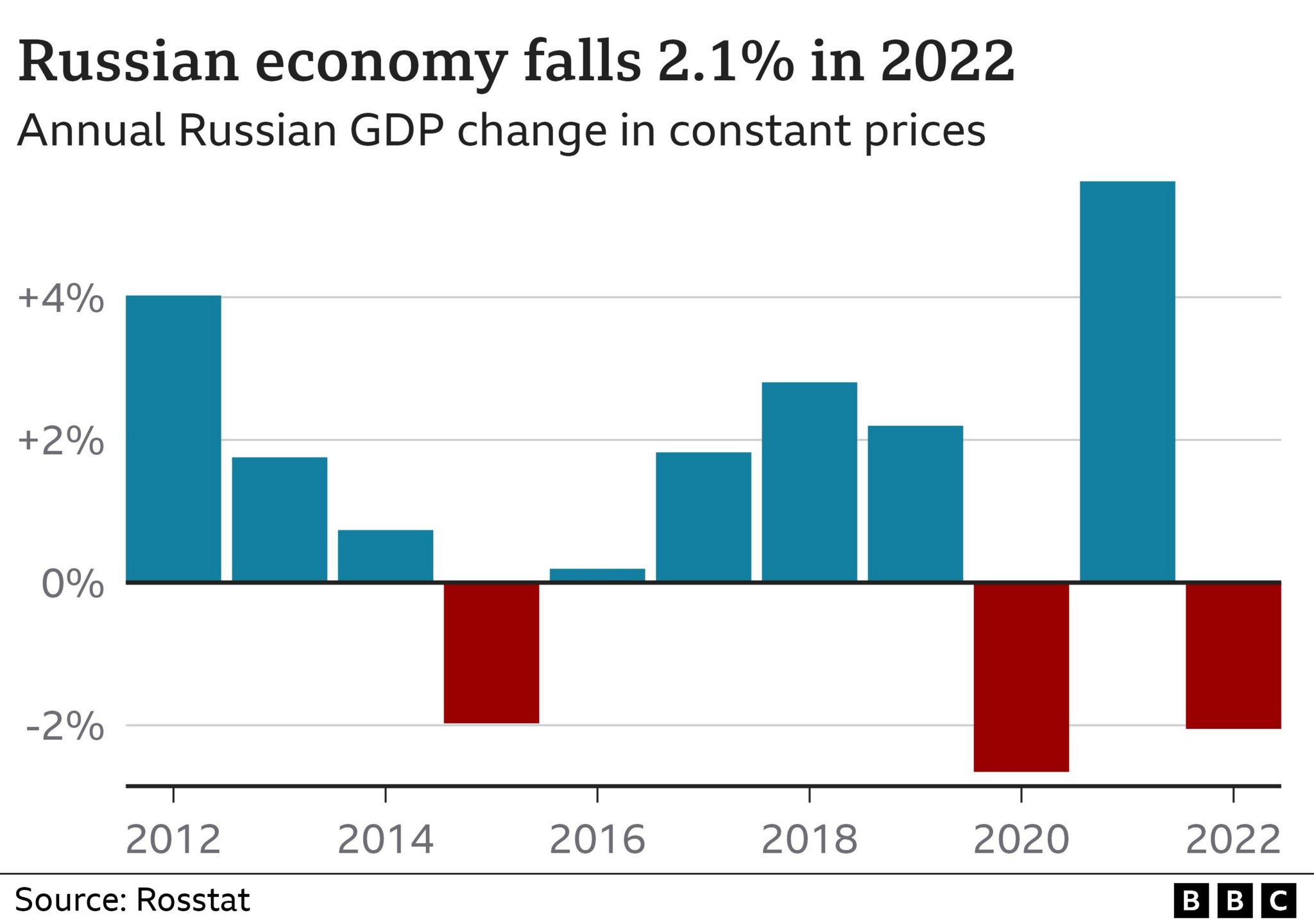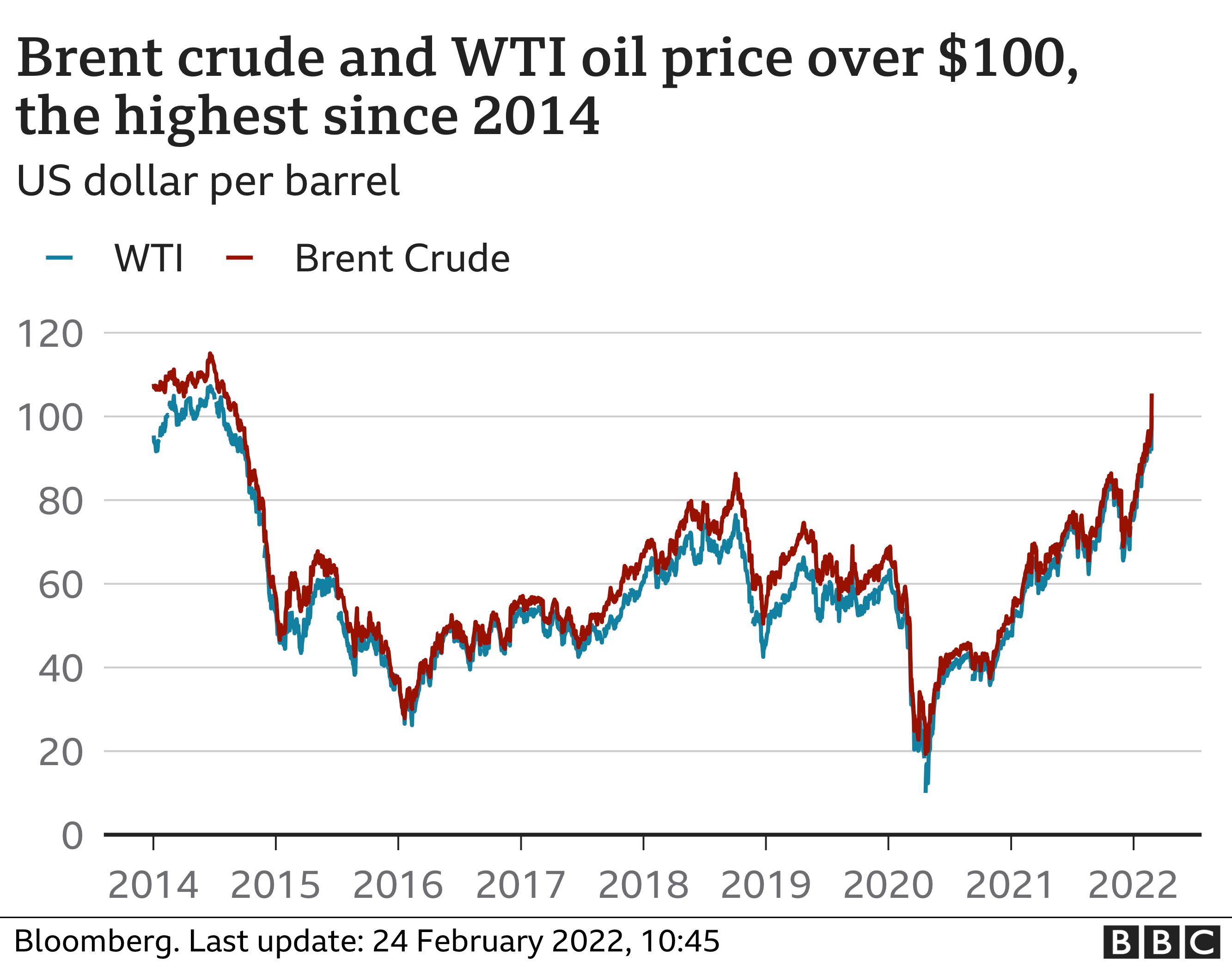Habertürk's Latest: Economic Impact of Russia-Ukraine Conflict On Turkey - How Will Turkey Be Affected?
Editor's Note: Habertürk's Latest: Economic Impact Of Russia-Ukraine Conflict On Turkey was published today, highlighting the economic impact that the ongoing conflict is likely to have on Turkey. This is an important topic to understand, as it could have a significant impact on the Turkish economy and the lives of Turkish people.
Our team has done some analysis and digging, and we've put together this guide to help you understand Habertürk's Latest: Economic Impact Of Russia-Ukraine Conflict On Turkey and its important.
Key differences or Key takeways
| Key differences or Key takeaways | |
|---|---|
| The conflict is likely to have a negative impact on Turkey's economy. | The conflict is likely to lead to a decrease in tourism, which is a major source of revenue for Turkey. The conflict is also likely to lead to an increase in the price of oil and gas, which will hurt Turkish businesses and consumers. |
| The conflict could also lead to a political crisis in Turkey. | The conflict could lead to a rise in tensions between Turkey and Russia, which could destabilize the region. The conflict could also lead to a change in government in Turkey, which could have a significant impact on the country's economic policies. |
Transition to main article topics
Here are some of the main topics that Habertürk's Latest: Economic Impact Of Russia-Ukraine Conflict On Turkey covers:
- The impact of the conflict on Turkey's economy
- The potential for a political crisis in Turkey
- The implications of the conflict for Turkey's relations with Russia and the West
- The impact of the conflict on the Turkish people

Russia's economy shrinks by less than expected - BBC News - Source www.bbc.com
FAQ – Economic Impact Of Russia-Ukraine Conflict On Turkey
The conflict between Russia and Ukraine is having a significant economic impact on Turkey, which is closely linked to both countries. Here are some frequently asked questions and answers about the economic effects of the conflict on Turkey:

Ukraine conflict: Simple visual guide to the Russian invasion - BBC News - Source www.bbc.com
Question 1: How is the conflict affecting Turkey's trade with Russia and Ukraine?
The conflict has disrupted trade between Turkey and both Russia and Ukraine. In particular, Ukraine is an important destination for Turkish exports of agricultural products, machinery, and chemicals, while Russia is a major supplier of oil, gas, and wheat to Turkey. The disruption of trade has led to losses for Turkish businesses and consumers.
Question 2: What is the impact of the conflict on Turkey's tourism sector?
The conflict is also having a negative impact on Turkey's tourism sector. Russian and Ukrainian tourists are important sources of revenue for the Turkish tourism industry, and the conflict has led to a decline in the number of tourists from these countries. This has resulted in lower occupancy rates at hotels and restaurants and has led to job losses in the tourism sector.
Question 3: How is the conflict affecting Turkey's currency?
The conflict has also put pressure on the Turkish lira. The lira has depreciated against the US dollar and other major currencies, making it more expensive for Turkey to import goods from abroad. This has contributed to inflation, which is eroding the purchasing power of Turkish consumers.
Question 4: What is the Turkish government doing to mitigate the economic impact of the conflict?
The Turkish government is taking steps to mitigate the economic impact of the conflict. It has provided financial support to businesses affected by the conflict and has announced plans to increase infrastructure investment and social spending. The government is also working to diversify its trade relationships and reduce its dependence on Russia and Ukraine.
Question 5: What are the long-term economic implications of the conflict for Turkey?
The long-term economic implications of the conflict for Turkey are uncertain. However, the conflict is likely to have a lasting impact on Turkey's trade, tourism, and currency. It is also likely to lead to increased inflation and may reduce Turkey's economic growth potential.
Question 6: What are the potential risks of the conflict for Turkey's economy?
The conflict poses several potential risks to Turkey's economy. These risks include: Habertürk's Latest: Economic Impact Of Russia-Ukraine Conflict On Turkey
• A prolonged conflict that disrupts trade and tourism for an extended period of time.
• A sharp decline in the value of the Turkish lira, which would make it more expensive to import goods and could lead to higher inflation.
• A loss of confidence in the Turkish economy by investors and businesses, which could lead to a decline in investment and economic growth.
The Turkish government is taking steps to mitigate the economic impact of the conflict, but it is important to be aware of the potential risks and to monitor the situation closely.
The conflict between Russia and Ukraine is a complex and evolving situation. The economic impact of the conflict on Turkey will depend on a number of factors, including the duration of the conflict, the severity of the fighting, and the response of the international community.
Tips
This report provides an overview of the latest economic impacts of the Russia-Ukraine conflict on Turkey. The conflict has led to disruptions in trade and energy supplies, as well as a sharp increase in commodity prices. These factors have had a significant negative impact on Turkey's economy, leading to a sharp decline in growth and an increase in inflation.
Tip 1: Monitor the situation closely and adjust plans as needed
Due to the rapidly evolving nature of the conflict and its impact on Turkey's economy, businesses and policymakers should closely monitor the situation and adjust their plans accordingly. This may involve revising growth forecasts, adjusting supply chains, and hedging against currency risks.
Tip 2: Diversify trade and energy sources
The conflict has highlighted the importance of diversifying trade and energy sources. This will help to reduce Turkey's vulnerability to disruptions in supply and price shocks.
Tip 3: Invest in energy efficiency
Rising energy prices are a major challenge for Turkey. By investing in energy efficiency measures, businesses and households can reduce their energy consumption and costs.
Tip 4: Support the tourism sector
The tourism sector is a major source of revenue for Turkey. The conflict has led to a decline in tourism, so it is important to support this sector through marketing campaigns and other measures.
Tip 5: Implement fiscal and monetary policies to support the economy
The government can implement fiscal and monetary policies to support the economy. This may involve increasing infrastructure spending, providing tax relief to businesses, and cutting interest rates.
Summary of key takeaways or benefits:
- By following these tips, businesses and policymakers can help to mitigate the negative impact of the Russia-Ukraine conflict on Turkey's economy.
- It is important to monitor the situation closely, diversify trade and energy sources, invest in energy efficiency, support the tourism sector, and implement fiscal and monetary policies to support the economy.
Transition to the article's conclusion:
The Russia-Ukraine conflict is a major challenge for Turkey's economy. However, by taking the steps outlined above, businesses and policymakers can help to mitigate the negative impact of the conflict and ensure that Turkey's economy remains strong.
Habertürk's Latest: Economic Impact Of Russia-Ukraine Conflict On Turkey
Turkey's economy, closely linked to both Russia and Ukraine, faces significant challenges amidst the ongoing conflict. Key aspects to consider include:
- Tourism: Reduced Russian and Ukrainian tourists, impacting revenue.
- Trade: Disruptions in exports and imports, affecting key sectors.
- Energy: Dependence on Russian gas supplies, leading to potential price increases.
- Inflation: Rising energy and commodity prices contribute to higher inflation.
- Investment: Reduced foreign investment due to uncertainty and volatility.
- Currency: Lira depreciation as investors seek safe havens.
These aspects combine to create a complex economic landscape for Turkey. The conflict has exacerbated existing challenges, leading to heightened inflation, reduced growth, and increased volatility. The long-term impact remains uncertain, but it is clear that Habertürk's latest report highlights the significant economic consequences of the conflict for Turkey.

Russian Invasion of Ukraine: Ukraine Will Push to Reclaim More - Source www.nytimes.com
Habertürk's Latest: Economic Impact Of Russia-Ukraine Conflict On Turkey
The conflict between Russia and Ukraine has had a significant economic impact on Turkey. The war has disrupted trade flows, led to higher energy prices, and created uncertainty in the global economy. Turkey, which has close economic ties with both Russia and Ukraine, has been particularly affected by the conflict.

Economic impact of Russia-Ukraine war | Economist Intelligence Unit - Source www.eiu.com
The Turkish economy is heavily dependent on tourism, and the conflict has led to a sharp decline in the number of tourists visiting the country. The Turkish lira has also lost value against the US dollar, making imports more expensive. The conflict has also disrupted supply chains, leading to shortages of some goods and higher prices for others.
The Turkish government has taken steps to mitigate the impact of the conflict on the economy. The government has provided financial assistance to businesses and households, and has also taken measures to stabilize the lira. However, the conflict is likely to continue to have a negative impact on the Turkish economy in the short term.
The economic impact of the Russia-Ukraine conflict on Turkey is a complex and evolving issue. The full extent of the impact is still unknown, but it is clear that the conflict is having a significant negative impact on the Turkish economy.
Table: Economic Impact of Russia-Ukraine Conflict on Turkey
| Sector | Impact |
|---|---|
| Tourism | Sharp decline in tourist arrivals |
| Currency | Turkish lira has lost value against the US dollar |
| Supply chains | Disruptions have led to shortages of some goods and higher prices for others |
| Government | Has taken steps to mitigate the impact of the conflict on the economy |
Conclusion
The economic impact of the Russia-Ukraine conflict on Turkey is a complex and evolving issue. The full extent of the impact is still unknown, but it is clear that the conflict is having a significant negative impact on the Turkish economy.
The conflict is disrupting trade flows, leading to higher energy prices, and creating uncertainty in the global economy. Turkey, which has close economic ties with both Russia and Ukraine, has been particularly affected by the conflict.
The Turkish government has taken steps to mitigate the impact of the conflict on the economy, but it is likely that the conflict will continue to have a negative impact in the short term. The conflict is a reminder of the interconnectedness of the global economy and the importance of maintaining peace and stability.